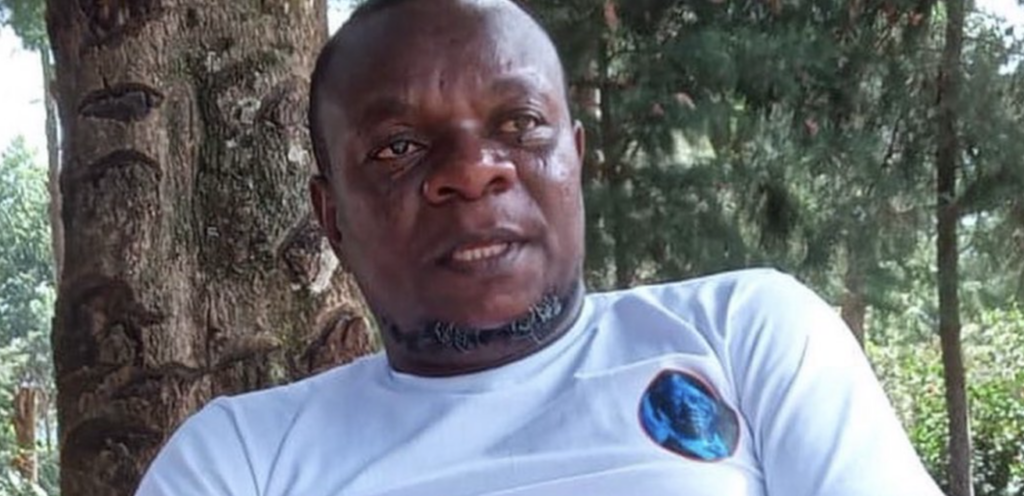ODM Communications Director Philip Etale has urged political party leaders to resolve internal disputes through established structures rather than resorting to public confrontations, especially on social media platforms. His remarks come in the wake of a high-profile fallout within the Democratic Action Party–Kenya (DAP-K), where party leader Eugene Wamalwa publicly clashed with his deputy, Trans Nzoia Governor George Natembeya, and Mumias East MP Peter Salasya.
In a candid post on X, Etale criticised party leaders who engage in online spats with their members, saying such behavior undermines leadership and party unity. “It is ineffable for a party leader to engage in public banter with his/her members on social media,” he wrote. “Simply call a meeting of the Executive Committee and discuss the character of the members you deem to be out of line. Reprimand them if necessary. You will thank me later.”
While Etale did not name names, his message clearly referenced the ongoing rift within DAP-K. Wamalwa had accused Natembeya and Salasya of attempting to stage a coup within the party. In his own post, Wamalwa challenged them to seek leadership positions through internal democratic processes, reaffirming the party’s commitment to transparent nominations.
Speaking at a press briefing, Wamalwa announced that DAP-K’s National Executive Committee would meet to address the crisis and refocus on grassroots mobilisation and upcoming by-elections.
Etale’s comments underscore a larger issue in Kenyan politics—an increasing trend of resolving party disputes in the public eye. Political analysts warn that this erodes public trust, weakens party structures, and could harm electoral prospects through voter apathy or fragmentation.
As the country prepares for the 2027 general elections, Etale’s call for institutional maturity and internal conflict resolution serves as a timely reminder. Parties that prioritise dialogue, discipline, and structured decision-making are more likely to sustain cohesion and present a credible front to the electorate.
In an age where social media often magnifies political tensions, Etale’s advice may be the kind of leadership wisdom needed to maintain party dignity and unity.

